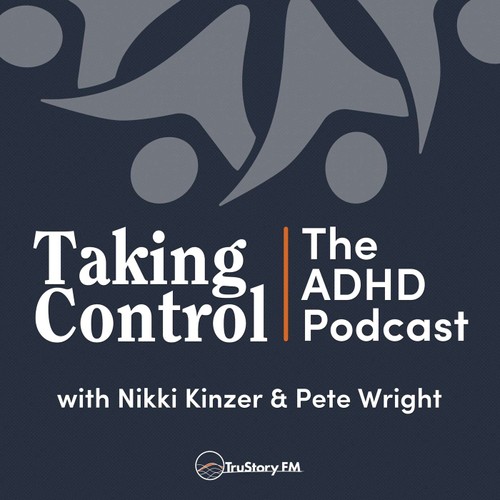
 Taking Control: The ADHD Podcast
Taking Control: The ADHD Podcast Overcoming Burnout and ADHD with David Greenwood
11 snips
Dec 5, 2024 David Greenwood, author of 'Overcoming Burnout' and expert on burnout, dives deep into the often-overlooked connection between ADHD and burnout. He reveals staggering statistics showing that up to 93% of adults with ADHD struggle with burnout symptoms. The discussion highlights the nuanced differences between stress and burnout, as well as the challenges of emotional regulation and time management that can exacerbate exhaustion. Greenwood offers practical strategies for recognizing early signs of burnout and emphasizes the importance of self-care and boundary-setting.
AI Snips
Chapters
Books
Transcript
Episode notes
Dishroom Burnout
- David Greenwood worked in the restaurant business for 16 years, eventually owning a franchise.
- A two-day solo shift culminated in a severe nosebleed, prompting him to leave the industry.
COVID Burnout
- During COVID, David experienced burnout while juggling work, family, and a changing business landscape.
- He felt physical pain, exhaustion, loss of appetite, and difficulty sleeping.
ADHD and Burnout
- Burnout is chronic stress, not just tiredness, and ADHD can accelerate it.
- People with ADHD may have work habits, time management issues, and self-care neglect, contributing to faster burnout.



